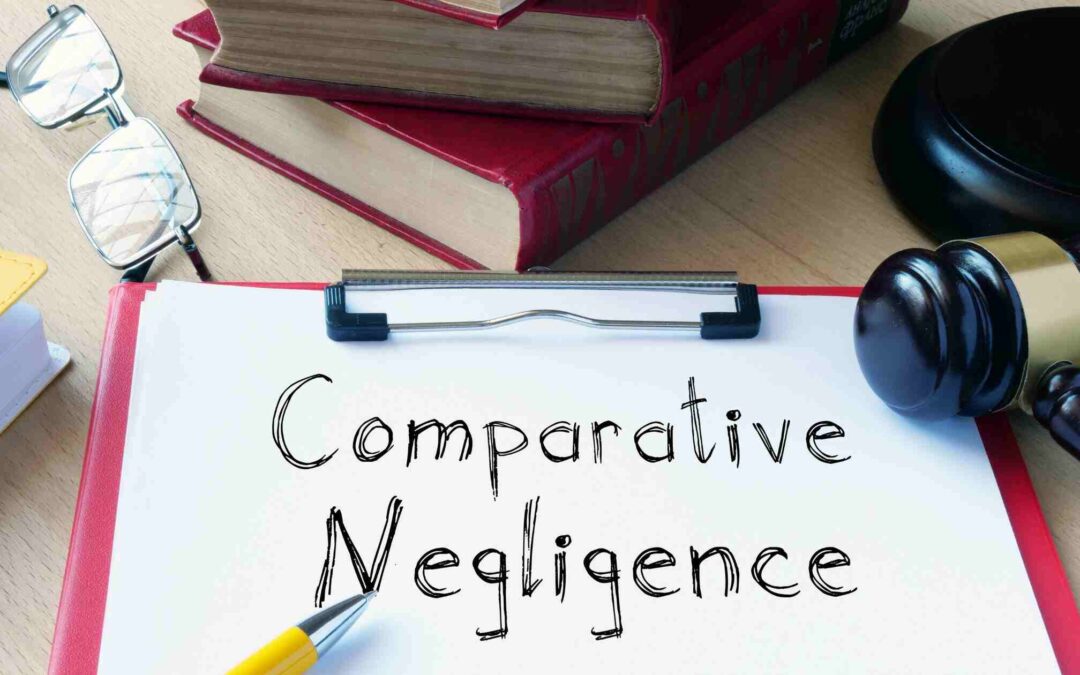Personal injury cases can be the result of a variety of incidents such as car accidents, slip and falls, or medical malpractice. In these cases, it is often necessary to determine who was at fault in order to determine the amount of compensation that the injured party is entitled to. However, what happens when both parties are partially at fault? This is where comparative negligence comes into play. In this blog post, we will discuss what comparative negligence is, how it impacts personal injury cases, and what steps you can take if you find yourself in this situation.
What is Comparative Negligence?
Comparative negligence refers to a legal concept that is used to determine the amount of compensation an injured party can receive in personal injury cases where both parties are partially responsible for the accident. Essentially, it means that the amount of compensation the plaintiff receives is reduced by a percentage that reflects their level of fault in the incident. So, if the plaintiff is deemed to be 30% at fault, their compensation would be reduced by 30%.
How Does Comparative Negligence Impact Personal Injury Cases?
Comparative negligence impacts personal injury cases because it means that the amount of compensation that the injured party receives is directly proportional to their level of fault in the incident. This can make it more difficult for injured individuals to receive full compensation for their injuries if they are found to be partially at fault.
It is important to note that each state has different laws regarding comparative negligence. Some states follow a pure comparative negligence system, which means that a plaintiff can recover damages even if they are 99% at fault. Other states follow a modified comparative negligence system, which means that if the plaintiff is found to be 50% or more at fault, they are not entitled to any compensation.
What Steps Can You Take If You Find Yourself in a Comparative Negligence Situation?
If you find yourself in a comparative negligence situation, it is important to get legal advice from an experienced personal injury attorney. They can help you understand the laws in your state and how they apply to your case. Additionally, they can advise you on how to gather evidence, negotiate with insurance companies, and ensure that you receive fair compensation for your injuries.
It is also important to remember that comparative negligence is not always black and white. There may be mitigating factors or extenuating circumstances that could reduce your level of fault in the incident. For example, if you were injured in a car accident but your brakes failed, you may not be considered fully at fault.
Personal injury cases can be complex, particularly when comparative negligence is involved. Understanding how comparative negligence works and how it impacts your case can help you make informed decisions and ensure that you receive fair compensation for your injuries. If you find yourself in a comparative negligence situation, it is important to seek legal advice from an experienced personal injury attorney who can guide you through the process and advocate for your rights.

